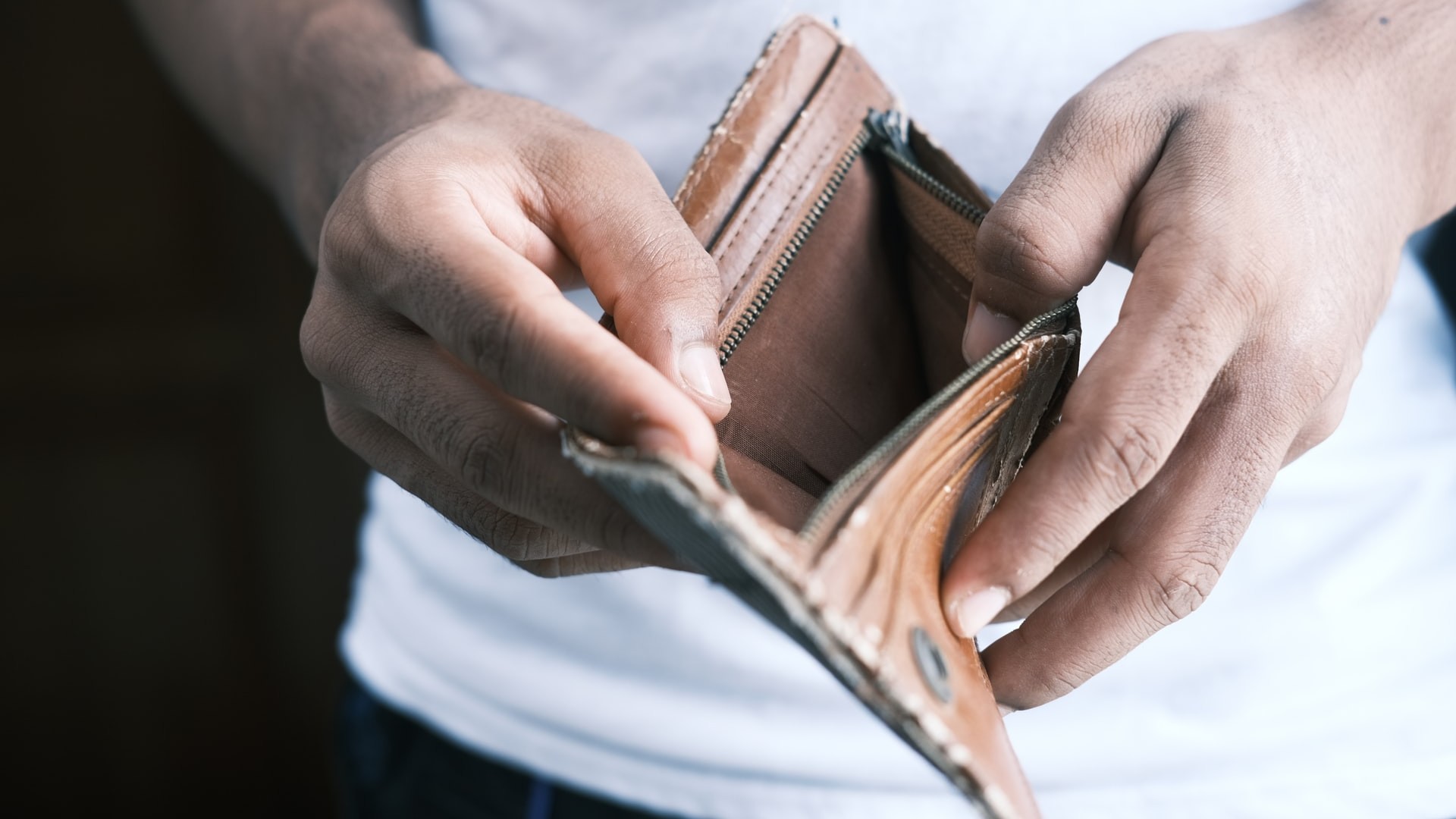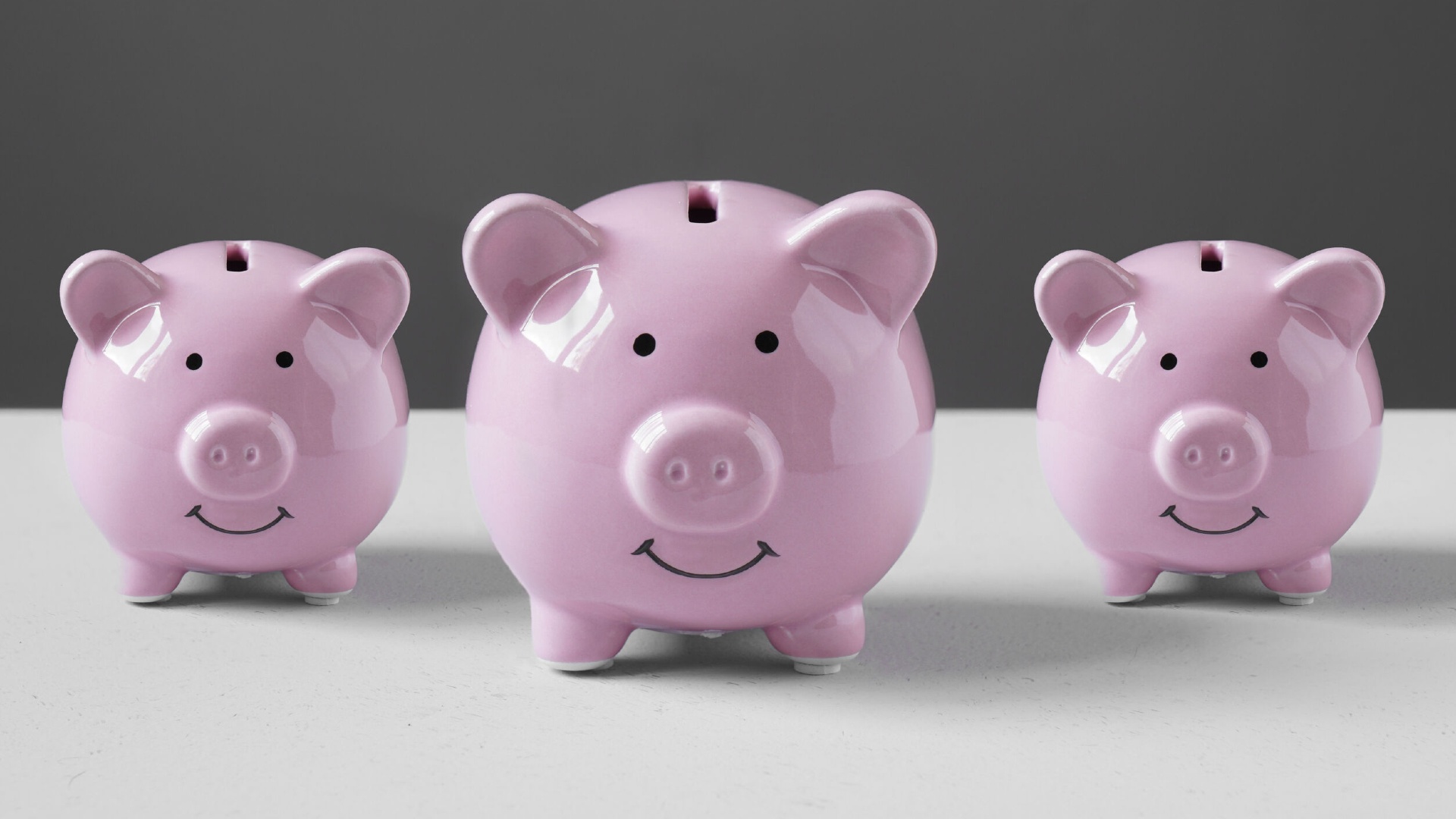Money No Enough? 6 Bad Spending Habits To Break
How one spends their money is just as important as how one manages it. But often, “How did I spend so much?!” is a fairly common question for most of us, quickly followed by a solemn promise to make changes to spend less.
Cutting back on spending doesn’t always mean making big changes. Usually, it’s the small, unhealthy spending habits that cause the most damage, and those are the ones that need to be unlearned to curb mindless spending. Look at your spending habits honestly. Once you recognise that a certain financial habit is negatively impacting your life, you can change that habit.
Here’s what you can do to help yourself:
1. Don’t shop on a whim
Do you often shop (unconsciously) depending on your mood and how you’re feeling at that time? Hello, retail therapy. We all have triggers (difficult emotions, stress, a recent pay cheque) when it comes to shopping, which are usually circumstances or feelings that lead to poor money decisions and impulsive spending. Allowing triggers to control our actions can lead to financial decisions that feel good in the moment but aren’t worthwhile in the long run.
2. The 50-30-20 budgeting rule
Spending all your earnings without a budget and savings plan is a common mistake. Most people spend down to the last pound and end up buying things they don’t need. Break this habit by ensuring you put away a substantial amount of money for savings after getting your pay cheque, which will come in handy for the future and unforeseen emergencies. As a basic rule of thumb, follow the 50-30-20 rule: spend 50% of your earnings on needs and necessities, 30% on wants, and the final 20% for savings.
3. Buying something just because it’s on sale
Who doesn’t love sales and good deals? The problem arises when we think we should buy something simply because it’s at a lower price that’s too good to pass up, not because we actually need it. Spending on “bargains” like this will eventually cost you a lot more for things that will most likely go unused, since you didn’t need them in the first place.
4. Purchasing to “keep up” socially
We’re all guilty of trying to “keep up with the Joneses” at some point, perhaps to be more accepted socially by our friends or to show off that we can also afford the same things. However, while some might want that kind of high-end lifestyle, it’s important to remember that everyone has different financial situations and means. If you’re spending just to compete with others rather than because you really need something, it’s time to evaluate your priorities. You will be much better off saving your money and spending it on something more useful in the future.
5. Buying and re-buying poor-quality essentials
Human nature is to save as much as possible, so most people usually opt for a cheaper option where available. However, this isn’t necessarily a good idea when it comes to buying good-quality, daily essentials that you will literally need every day. When the price of such items is too good to be true, it usually is. Instead of constantly spending more money replacing or repairing a poor-quality item, you will be better off investing a little more in a better-quality version that will last you for years and work out cheaper in the long run.
6. Buying aspirational clothes
Don’t buy clothes for the future. Spend on what fits you now! We’ve all done this—bought cute workout clothes hoping they will motivate us to exercise more frequently. But that rarely happens after the first few gym sessions. Likewise, spending money on an outfit that you can’t really fit into right now but aspire to fit into soon enough (after all those fantasy workout sessions) is another unhealthy spending habit that needs to go straight away. Be true to yourself and buy clothes that fit and suit you right now, rather than something that might look good down the road.
For the latest updates on Wonderwall.sg, be sure to follow us on TikTok, Telegram, Instagram, and Facebook. If you have a story idea for us, email us at [email protected].











